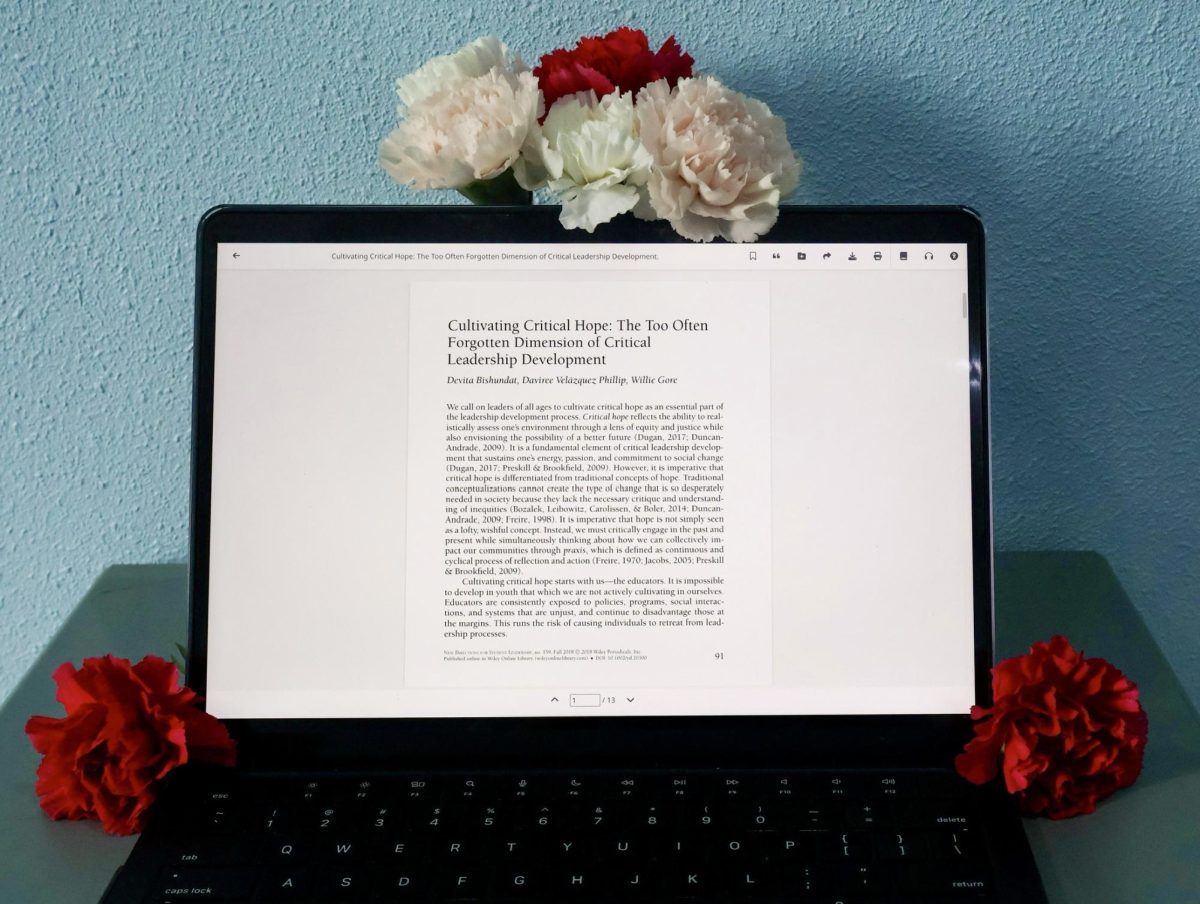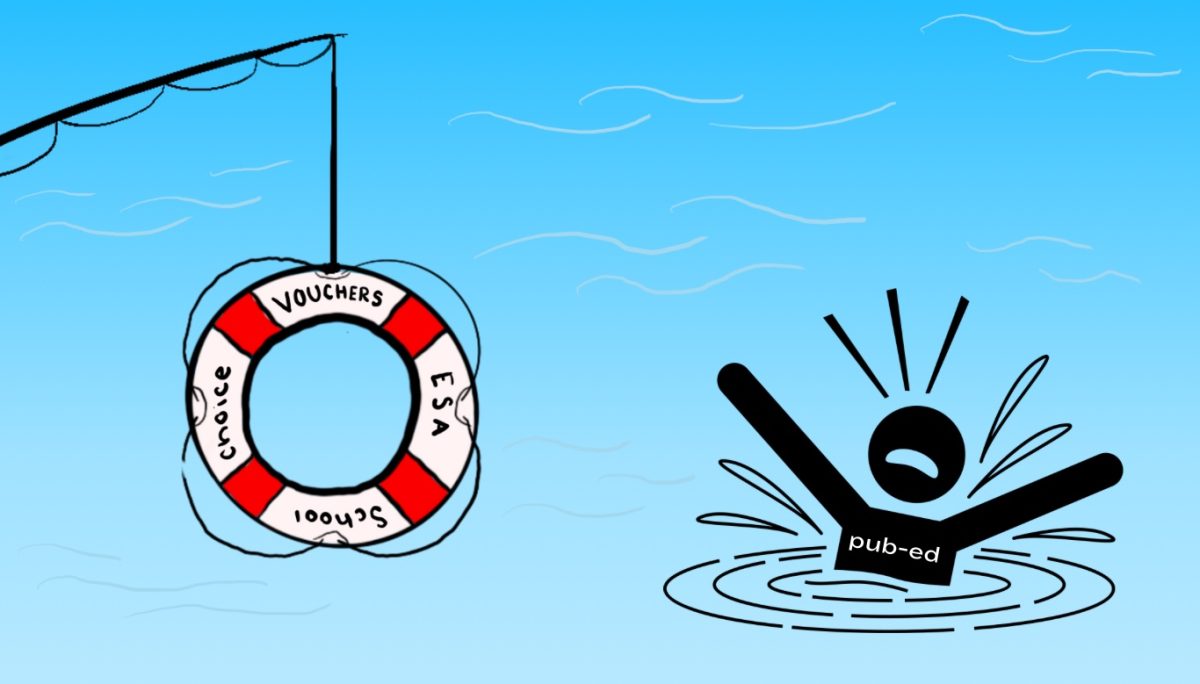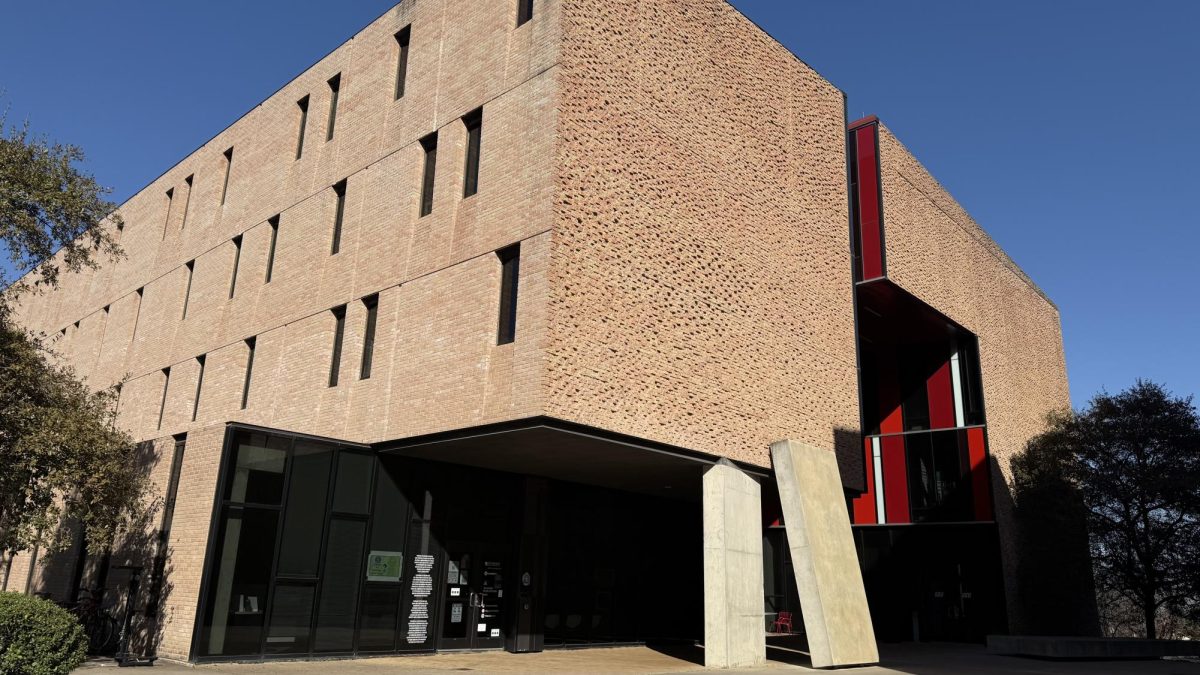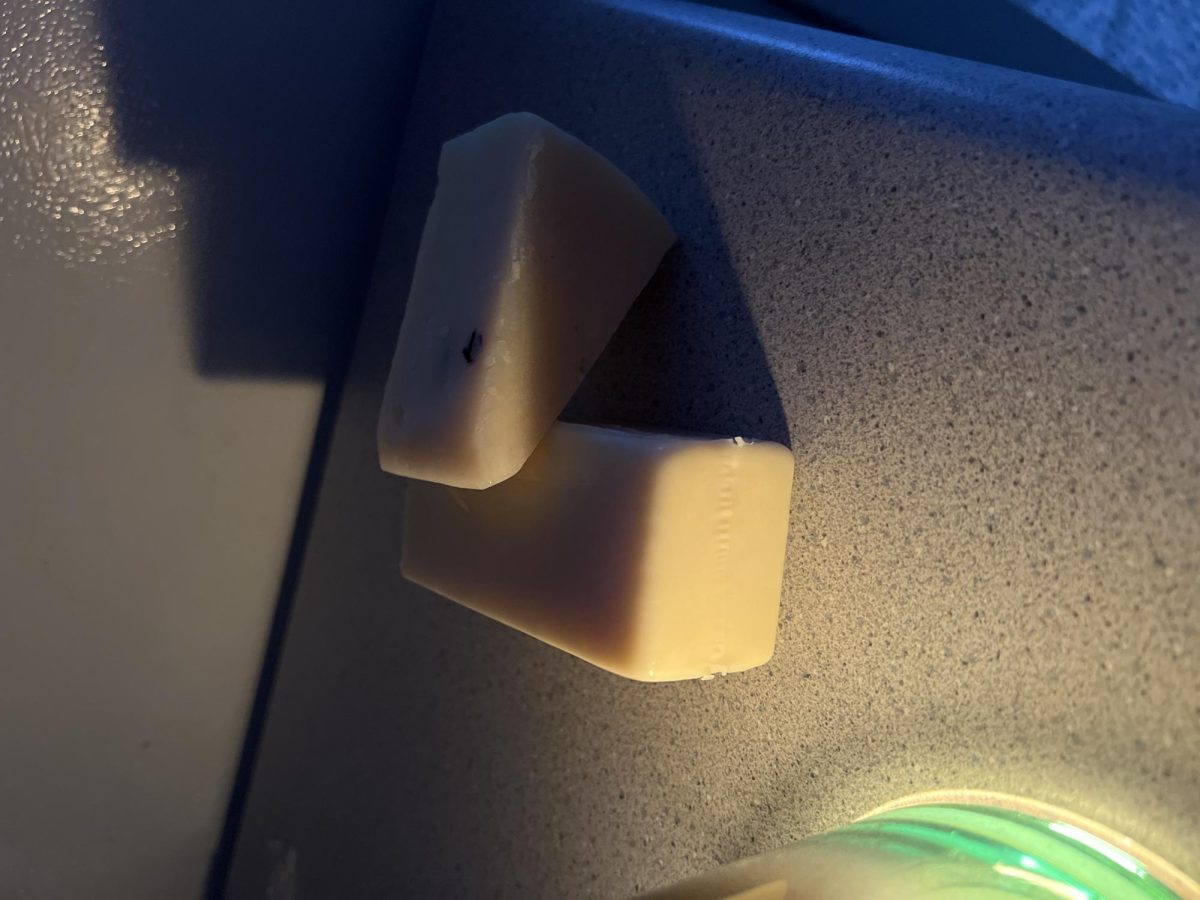The global cruising titan Royal Caribbean has recently unveiled a new ship entitled the “Icon of the Seas,” its biggest boat yet. The “Icon” is nearly 1,200 feet long — an unprecedented size for any cruise ship. For comparison, the Titanic’s length was only 882.75 feet. A vessel of this size brings innumerable questions and concerns about its potential environmental and economic impact.
With over 360 cruise vessels operating worldwide, the continued production of giant ships seems excessive and destructive. Ships like the “Icon of the Seas” use enticing environmental destinations to lure passengers, but are systematically causing their destruction. Cruises leave oil and toxic smog in their wake, which jeopardizes global society in favor of servicing a select few who can afford cruises.
Royal Caribbean and other cruise lines’ businesses are built upon the rhetoric that there is an untapped magical world beyond the port of embarkation. This rhetoric is also shared by much of the entire tourism industry, but the cruise industry is a primary vehicle.
While some have noted that tourism has increased the GDP of many less developed countries, it has failed to promote equitable and total development for all parties in the host countries. All cruising lines are businesses, and though they try to convince the masses that they are set on bringing your family a wonderful vacation, their ultimate goal is to make money. It’s an unequivocal fact that cruise lines like Royal Caribbean use foreign workers to skirt U.S. labor laws and use shady month-long contracts. The cruise industry relies on the labor and location of less developed countries to make a profit.
Cruise companies market their packages as perfect getaways for the wanting traveler, but the ports are deliberately assessed on their government, management and economy to ensure a maximization of profit. Although these cruises generate a large amount of money for the ports, such as the port of Cozumel, who gained $474 million in revenue from 2017-2018, they often cause distress for the locals.
The growth of these cruise ships in Cozumel has led to the destruction of local coral reefs. The construction of infrastructure to handle the ships has inadvertently damaged what brought people to the island initially.
There are serious impacts of cruises on destination ports all around the world, not just in less developed countries. Many coastal cities like Venice, Dubrovnik and Amsterdam have seen the adverse effects of cruises and mass tourism. Large cruise ships docking at these European ports drop thousands of tourists off, which is more than their antiquated streets can handle.
Though the development and creation of the “Icon of the Seas” is a triumph in terms of engineering and maritime history, it has failed to address issues that have been persistent within cruising history. Royal Caribbean has set up several “Seastainability” goals to attempt to mitigate damage to the environment. Yet, no matter what corporate kitsch they try to use to shift blame, they cannot ignore the fact that larger ships mean larger waste accumulation and larger crews of foreign workers.
While the “Icon of the Seas” seems like a dazzling marine dream for a certain group of affluent vacationers, it will surely lead to nightmarish effects for many around the world.





















